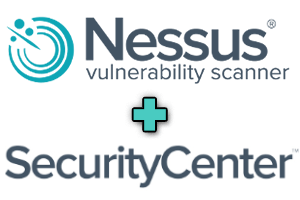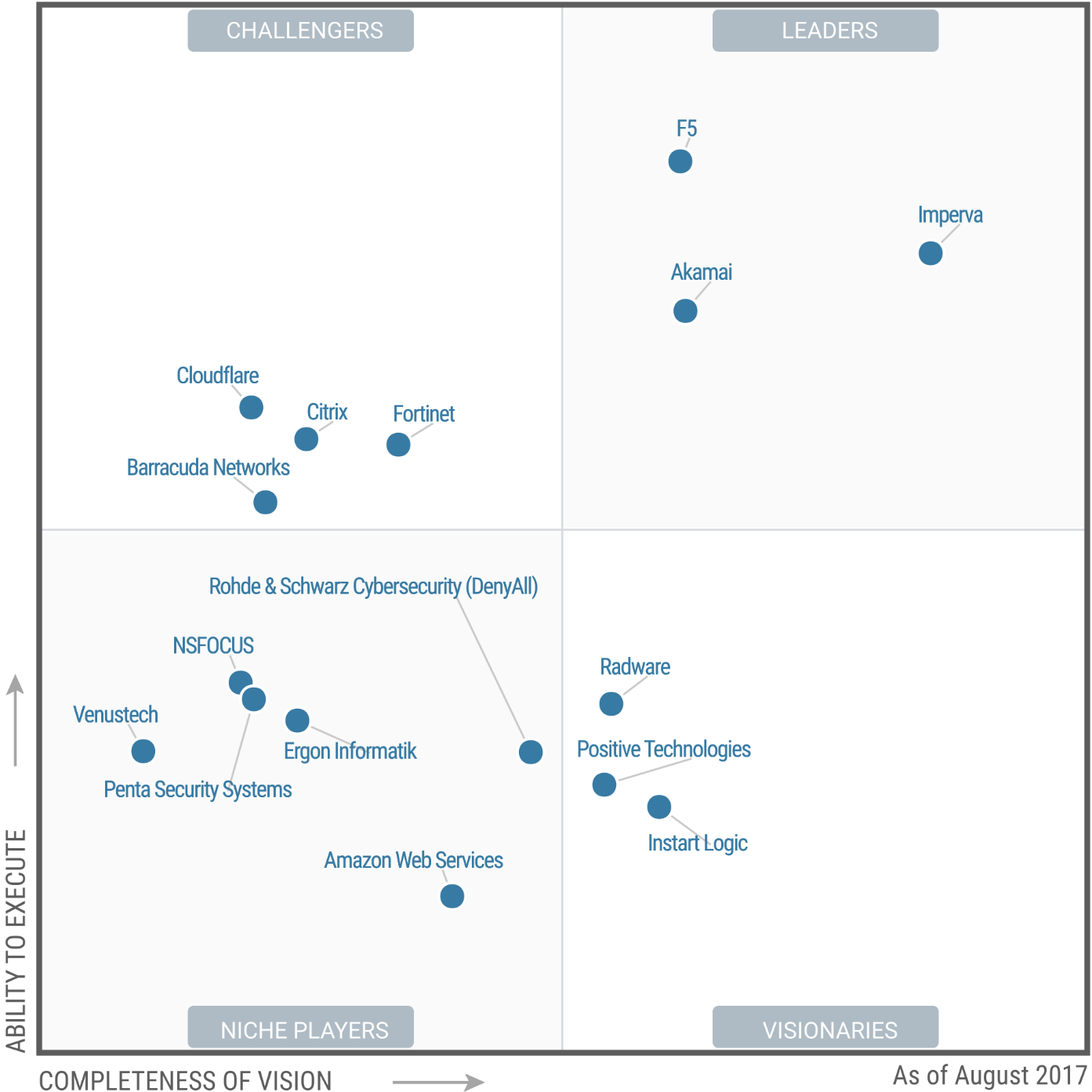- Tenable® - The Cyber Exposure Company
- Nessus Free
- Tenable Nessus Scanner Plugins Out Of Sync
- A Brief Introduction To The Nessus Vulnerability Scanner ...
- Tenable Introduces Agent-Based Scanning In Nessus Manager
- Tenable Nessus Vulnerability Scanner
| Developer(s) | Tenable, Inc. |
|---|---|
| Stable release | |
| Repository | None available |
| Operating system | Cross-platform |
| Platform | Mac, Windows, Linux |
| Type | Vulnerability scanner |
| License | Proprietary; GPL (2.2.11 and earlier) |
| Website | [1] |
In Nessus Manager, you can view the instance's linking key and a list of linked remote scanners. You can click on a linked scanner to view details about that scanner. Scanners are identified by scanner type and indicate if the scanner has. Nessus® is the most comprehensive vulnerability scanner on the market today. Nessus Professional will help automate the vulnerability scanning process, save time in your compliance cycles and allow you to engage your IT team. Buy a multi-year license and save.
Nessus is a proprietaryvulnerability scanner developed by Tenable, Inc. (NASDAQ: TENB)
Operation[edit]
Examples of vulnerabilities and exposures Nessus can scan for include:
- Vulnerabilities that could allow unauthorized control or access to sensitive data on a system.
- Misconfiguration (e.g. open mail relay, missing patches, etc.).
- Default passwords, a few common passwords, and blank/absent passwords on some system accounts. Nessus can also call Hydra (an external tool) to launch a dictionary attack.
- Denials of service vulnerabilities
Nessus scans cover a wide range of technologies including operating systems, network devices, hypervisors, databases, web servers, and critical infrastructure.
The results of the scan can be reported in various formats, such as plain text, XML, HTML and LaTeX. The results can also be saved in a knowledge base for debugging. On UNIX, scanning can be automated through the use of a command-line client. There exist many different commercial, free and open source tools for both UNIX and Windows to manage individual or distributed Nessus scanners.
Nessus provides additional functionality beyond testing for known network vulnerabilities. For instance, it can use Windows credentials to examine patch levels on computers running the Windows operating system. Nessus can also support configuration and compliance audits, SCADA audits, and PCI compliance.
History[edit]
The Nessus Project was started by Renaud Deraison in 1998 to provide to the Internet community with a free remote security scanner.[2] On October 5, 2005, Tenable Network Security, the company Renaud Deraison co-founded, changed Nessus 3 to a proprietary (closed source) license.[3]

The Nessus 2 engine and a minority of the plugins are still GPL, leading to forked open source projects based on Nessus like OpenVAS and Porz-Wahn.[2][4]
Tenable® - The Cyber Exposure Company
Today, the product still exists in two formats; a limited, free version and a full-feature paid subscription option. Nessus is available for Linux, Windows, and Mac OS X. Tenable, Inc. went public on July 26, 2018, twenty years after Nessus’ creation.
See also[edit]
- Security Administrator Tool for Analyzing Networks (SATAN)
References[edit]
- ^'Nessus Release Notes'. Tenable Network Security. Retrieved 2020-10-06.
- ^ abCarey, Mark; Russ Rogers; Paul Criscuolo; Mike Petruzzi. Nessus Network Auditing. O'reilly. ISBN978-1-59749-208-9.
- ^Olenick, Doug (2019-03-09). 'SC 30th Anniversary Awards'. SC Media.
- ^'OpenVAS'. Retrieved 2009-10-21.
External links[edit]
- Nessus source code up to 2.2.9
Nessus : A security vulnerability scanning tool
voted the #1 most useful security tool ! (www.insecure.org survey )
What is Nessus?
Nessus is a remote security scanning tool, which scans a computer and raises an alert if it discovers any vulnerabilities that malicious hackers could use to gain access to any computer you have connected to a network. It does this by running over 1200 checks on a given computer, testing to see if any of these attacks could be used to break into the computer or otherwise harm it.
Nessus Free
Who would use a tool like this?

If you are an administrator in charge of any computer (or group of computers) connected to the internet, Nessus is a great tool help keep their domains free of the easy vulnerabilities that hackers and viruses commonly look to exploit.
What Nessus is NOT
Nessus is not a complete security solution, rather it is one small part of a good security strategy. Nessus does not actively prevent attacks, it is only a tool that checks your computers to find vulnerabilities that hackers COULD exploit. IT IS UP TO THE SYSTEM ADMINISTRATOR TO PATCH THESE VULNERABILITIES IN ORDER TO CREATE A SECURITY SOLUTION.
Tenable Nessus Scanner Plugins Out Of Sync
Why Nessus?

If you are familiar with other network vulnerability scanners, you might be wondering what advantages Nessus has over them. Key points include:
- Unlike other scanners, Nessus does not make assumptions about your server configuration (such as assuming that port 80 must be the only web server) that can cause other scanners to miss real vulnerabilities.
- Nessus is very extensible, providing a scripting language for you to write tests specific to your system once you become more familiar with the tool. Its also provides a plug-in interface, and many free plug-ins are available from theNessus plug-in site. These plugs are often specific to detecting a common virus or vulnerability.
- Up to date information about new vulnerabilities and attacks. The Nessus team updates the list of what vulnerabilities to check for on a daily basis in order to minimize the window between an exploit appearing in the wild, and you being able to detect it with Nessus.
- Open-source. Nessus is open source, meaning it costs nothing, and you are free to see and modify the source as you wish.

- Patching Assistance: When Nessus detects a vulnerability, it is also most often able to suggest the best way you can mitigate the vulnerability.
For other advantages/features of Nessus, see: http://www.nessus.org/features.html
How Nessus Works
To learn how Nessus and other port-scanning security tools work, it is necessary to understand different services (such as a web server, SMTP server, FTP server, etc) are accessed on a remote server. Most high-level network traffic, such as email, web pages, etc reach a server via a high-level protocol that is transmitted reliably by a TCP stream. To keep different streams from interfering with each other, a computer divides its physical connection to the network into thousands of logical paths, called ports. So if you want to talk to a web server on a given machine, you would connect to port #80 (the standard HTTP port), but if you wanted to connect to an SMTP server on that same machine you would instead connect to port #25.

Each computer has thousands of ports, all of which may or may not have services (ie: a server for a specific high-level protocol) listening on them. Nessus works by testing each port on a computer, determining what service it is running, and then testing this service to make sure there are no vulnerabilities in it that could be used by a hacker to carry out a malicious attack. Nessus is called a 'remote scanner' because it does not need to be installed on a computer for it to test that computer. Instead, you can install it on only one computer and test as many computers as you would like.
Installation:
Nessus comes in two parts, a server called nessusd and a client, which can by any of several options. The server is the part of Nessus that actually runs the tests, and the client is used to tell the server what tests to run on what computers.
The server exists only for Unix/Linux platforms, but there are clients available for Unix/Linux, Windows and Mac. Therefore, once the server is set up and running, an administrator can run regularly scheduled Nessus tests using a client written for almost any platform.
Go to www.nessus.org to download the most release release of Nessus. As of this date, the current release can be found athttp://www.nessus.org/nessus_2_0.html along with extremely simple installation instructions. This will install the Nessus server app and a client on the unix based machine (note: this includes Mac OS X and above with developer tools installed). After installing the server you will have to do a couple quick configuration options, such as adding a user, described here:http://www.nessus.org/demo/first.html.
A Brief Introduction To The Nessus Vulnerability Scanner ...
To download and install a Windows client, look at: http://nessuswx.nessus.org/
Using Nessus (part 1): Running a Scan
To run a scan, you must have the Nessus server running on some machine, then start up a Nessus client. The client will look something like this:
The two most important tabs are 'Nessusd host', which allows you to enter in the IP address of the Nessus server you will connect to, as well as the username and password needed to connect to this server. The other critical tab is labeled 'Target Selection'. This is where you specify which host(s) you would like to scan. Each tab and field is covered in depth on this webpage :http://www.nessus.org/demo/second.html.
Once you are ready to scan, hit the 'Start the scan' button.
(note: for other clients, the exact behavior of the client my deviate from what is described here, but the overall concept is the same).
Using Nessus (part 2): Analyzing the Report
After a scan, Nessus clients typically offer to means to analyze the result. The client itself will often list each vulnerability found, gauging its level of severity and suggesting to the user how this problem could be fixed. An example screen is shown below:
Nessus clients are also able to generate more comprehensive and graphical reports in a variety of different formats. (see http://www.nessus.org/demo/third.html for examples) This can be very helpful if an administrator is scanning a large number of computers and would like to get an overall view of the state of the network.
Tenable Introduces Agent-Based Scanning In Nessus Manager
More Information On Nessus:
The main Nessus website is www.nessus.org
Large quantities of Nessus documentation can be found at: http://www.nessus.org/documentation.html
Nessus's Freshmeat development page can be found at: http://www.freshmeat.net/projects/nessus/
Tenable Nessus Vulnerability Scanner
This page was written by Dan Wendlandt for CS197.
